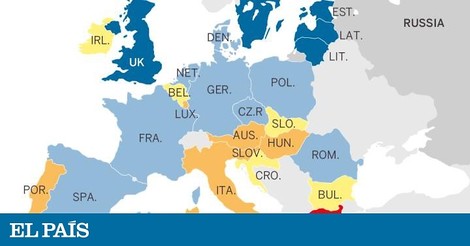Your podcast discovery platform
Curious minds select the most fascinating podcasts from around the world. Discover hand-piqd audio recommendations on your favorite topics.

piqer for: Global finds Globalization and politics Technology and society
Turkish journalist, blogger and media expert. Writes regular columns for The Arab Weekly and contributes to Süddeutsche Zeitung, El Pais and the Guardian. An European Press Prize Laureate for 'excellence in journalism' in 2014, Baydar was awarded the prestigious 'Journalistenpreis' in Germany by Südosteuropa Foundation in February 2018.
Russia's Anti-Democracy Disinformation Campaign Against The EU
There is no doubt that the tensions defining the globe today are caused mainly by disinformation; and Russia must be named as a main source of activity that destabilizes the democratic system to its own favor.
A report, due to be published in the coming days by European Values, a not-for profit organization, will help provide some answers about which countries are immune, as well as those most vulnerable to disinformation campaigns.
The report reviews the 28 member states of the European Union and their allies every year, and rates their response to the threat of Russian disinformation campaigns. Some details have already been leaked to El Pais.
Listed as least aware are Hungary, Austria, Portugal and Italy. In the latter country, recent election results may lead to either a government of technocrats or a repeat vote. In the next few weeks, the EU strategic communications center will publish a report that confirms that a Russian disinformation campaign, led by the outlet Sputnik, helped incite xenophobic sentiment during the elections.While the United Kingdom, Sweden, Estonia, Lithuania and Latvia are seen as the 'frontline' against Russia’s attempts, some others like France, Germany, Finland, the Czech Republic, Denmark, Poland, Romania and Spain are marked for “political recognition of the Russian threat.” All of these countries, the report notes, have already introduced measures to launch a battle against mass dissemination of disinformation.
The sources warned that “the Russian government is interested in stirring up patriotic and religious conflicts. It is also increasingly more active in the Mediterranean and it will no doubt exploit our weaknesses in this area.”
Following the report, top-level media experts and editorial managers have already issued serious calls for readiness, such as the one by James Harding, the head of BBC News.
